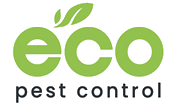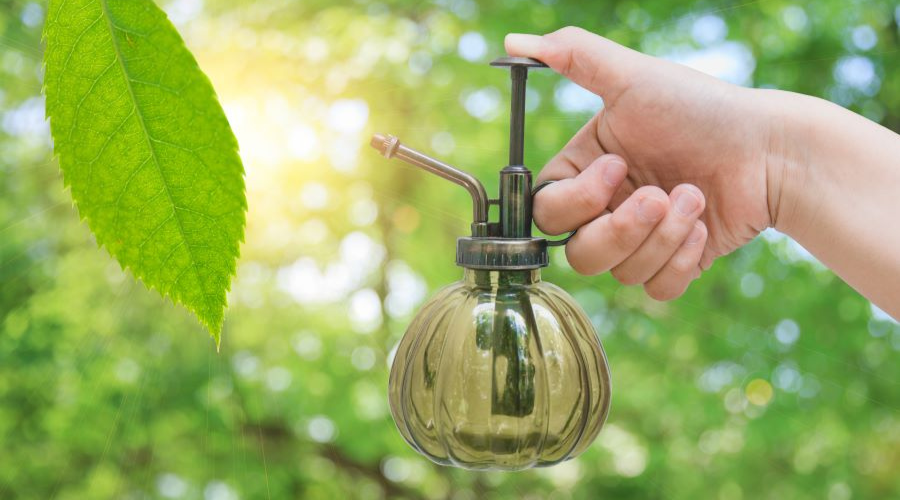The Dangers of DIY Pest Control
5 Hidden Dangers You Need to Know
When bugs creep into your home, it’s tempting to take matters into your own hands. You grab the strongest spray for the bugs you can find at the hardware store, get out the ladder, and start spraying away wherever you see critters crawling.
But hold up, you might want to rethink that do-it-yourself pest control plan. Going the amateur route often does way more harm than good.
It seems easy enough to just pick up a can of pesticide and go to town on those pesky pests. But if you’re not 100% certain what you’re doing, it can put your health and home at serious risk.
Trust me, calling in the pros is the safest option for you, your family, and your house. You don’t want to make the same mistakes; leave pest problems to the experts!
Why DIY Pest Control Can Be Risky
Amateur mistakes can lead to electrical shorts, fires, chemical burns that can damage property, falls from ladders, and other accidents. Untrained DIYers have even gassed themselves trying to generate home fumigation. Don’t risk injury or death – leave it to the professionals.
1. Not Following Label Instructions Is Risky
The instructions on pesticide labels aren’t just there for fun. They provide very important safety information. If you don’t read and follow the label, you could harm yourself, others, pets, and wildlife.
Labels have details about:
- Where and how to apply the product. Using it incorrectly makes it not work or Spreads substances where they shouldn’t go.
- How much to use. Too little does nothing. Too much can poison you or contaminate surfaces.
- Safety gear required. Things like goggles, gloves, long sleeves, and masks protect you from illness or injury.
- Who should not use the product. Some substances are too hazardous for kids, pregnant women, or people with certain medical conditions.
- How to properly store and dispose of leftovers. You don’t want excess substances leaking places they shouldn’t.
DIYers often don’t take the time to read labels fully or just skip them altogether. That puts everyone at risk. Always read and follow the label on any pesticide. If you have questions, call the manufacturer before using the product. Safety first!
2. You Could Hurt the Environment
Spraying chemical around your home might kill bugs, but it also can harm the ecosystem. Some pesticides are toxic to birds, fish, and bees. They can pollute the air, water, and soil. And they often end up going places you don’t want them to go, like down the drain, into storm sewers, or drifting through the air into your neighbor’s yard.
3. Dangerous Use of Pesticides is a Health Risk
Using the incorrect products or using them improperly can put yourself at risk. Some pesticides are meant for outdoor use only but people use them inside. Others require equipment that DIYers don’t use. Getting substances on your skin or inhaling fumes can cause nasty short-term effects like headaches, nausea, and dizziness. And long-term exposure may increase cancer risks. Kids and pets are especially vulnerable.
4. Pests Can Develop Resistance
If you repeatedly use the same pesticide over and over, surviving bugs pass on genetic mutations that make the whole population resistant. Soon that product stops working on that pest, and you have a much bigger problem. DIYers are more likely to misuse pesticides in ways that breed resistant “superbugs.”
5. Wasting Your Time and Money
DIYers often end up making multiple trips to the hardware store and trying product after product when their first attempts fail. Some even resort to bizarre home remedies like ammonia, bleach, vinegar, soap, oil, glue, kitty litter, cayenne pepper, etc. In the end, you’ve wasted a lot of time and money, but your pest problem remains.
Why Calling a Professional Pest Control Service Is Safer
Hiring a pest control services takes the risks out of managing pests. Here are some key benefits:
- Proper training and licensing – Technicians must undergo background checks, pass exams, and get certified in your state. They know all the safety rules.
- Accurate identification – Pros can pinpoint what pests you’re dealing with and choose pest control products specifically for them. DIYers often misidentify their issue.
- Strategic solutions – They don’t rely solely on pesticides. They use integrated pest management techniques like sanitation, traps, barriers, biological control, and customer education.
- Precision application – They have the right specialized equipment, protective gear, and techniques to use substances in the safest, most effective way.
- Environmentally friendly options – Many companies now offer “green” treatment programs that minimize use of harsh substances. DIY item are often more toxic.
- Full cleanup and disposal – When the job is done, they remove all waste and contaminated materials so you don’t have to handle hazardous substances.
Conclusion
As you can see, DIY pest control carries significant downsides.
Protect yourself and your family by hiring certified professionals. It might cost more upfront, but it saves you money in the long run.
And you get guaranteed results from experts trained to handle pesticides safely. Don’t put your home and well-being at risk. Call a pest control services today for safe, effective pest management.



